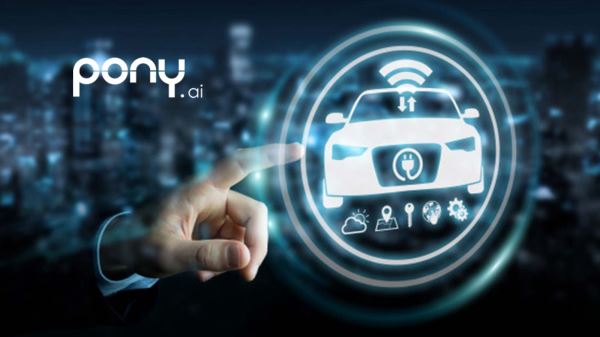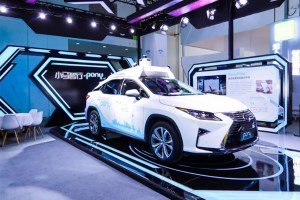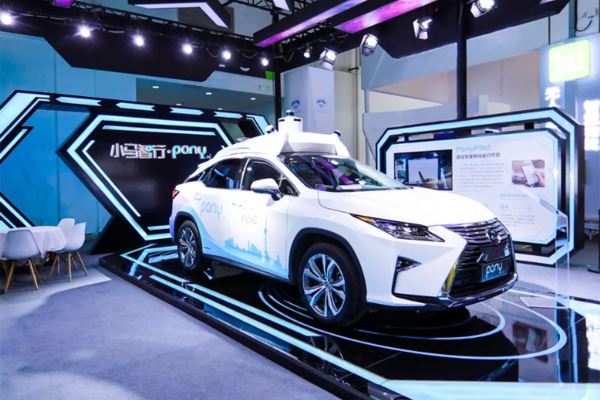Toyota is the latest major auto manufacturer to invest in self-driving AI technology.
Pony.ai, a Chinese autonomous vehicle startup, now based in Silicon Valley, has raised US$462 million from Toyota Motor Corporation and other investors to deepen and expand their collaboration in mobility services.
The new funding brings Pony.ai’s valuation to over US$3 billion, according to a statement.
Pony.ai has been trialling its “robottaxi” service in Guangzhou for over a year and will now integrate its tech into Toyota platforms.
The two companies have announced a pilot program to test self-driving cars on public roads in Beijing and Shanghai.
Since last year, Pony.ai has been working with Toyota on public autonomous vehicle testing.
With this new investment, their relationship will become even closer, with the automaker and the startup “co-developing” mobility products like “mobility services.”
Pony.ai claims to be the first company to launch an autonomous ride-hailing operation and offer self-driving car rides to the general public in China.
Toyota, the world’s largest automaker, has largely kept quiet on its self-driving car program.
The Japanese auto giant plans to offer a limited ride-hailing pilot in downtown Tokyo during the 2020 Summer Olympics.
Testing in Silicon Valley
The cars will be equipped with Toyota’s “Chauffeur” software, which the automaker has previously described as “focused on full autonomy, where the human is essentially removed from the driving equation, either completely in all environments, or within a restricted driving domain.”
Toyota has a second product called Guardian, which is essentially an advanced driver-assist system akin to Tesla’s Autopilot. Neither is being offered in any production car today.
Toyota Research Institute, the automaker’s Silicon Valley-based division, has been conducting tests at its Ottawa Lake, Michigan, closed-course facility for a number of years.
In 2018, Toyota agreed to invest US$500 million in a joint self-driving project with Uber.
As part of the agreement, the two companies will work together to develop self-driving cars.
The race to get self-driving cars is certainly hotting up.
List of contenders
Toyota joins a long list of auto makers striving to cross the finish line first.
Other contenders include Volvo, Audi, Mercedes Benz, BMW, Tesla, Volkswagen, General Motors, Ford, Jaguar Land Rover and Fiat Chrysler.
They join an equally long list of tech and ride-sharing companies seeking to claim first prize. These include Apple, Uber, Google (Waymo), Intel, Huawei, Nvidia, Oxbotica, Wayve, Samsung, Baidu, Five AI and Bosch.
According to Allied Market Research estimates, the autonomous vehicle market will grow from $54.23 billion in 2019 to $556.67 billion in 2026.
Waymo took the lead in December 2018 when the Google subsidiary launched a self-driving robotaxi service in the Phoenix area, but a number of other companies are closing in behind.
They include a range of contenders in the UK, where the government expects to have fully autonomous vehicles on the road by 2021 and a testbed of 26km of public road in London has been launched.


